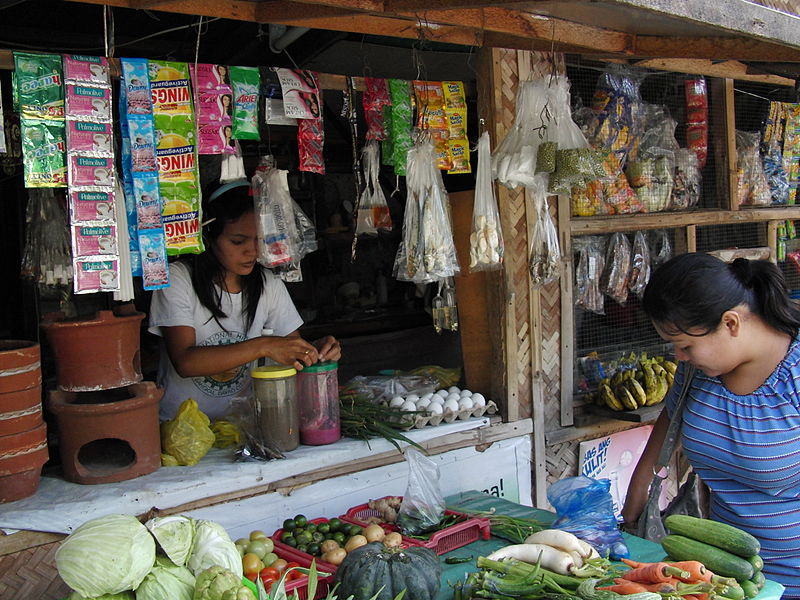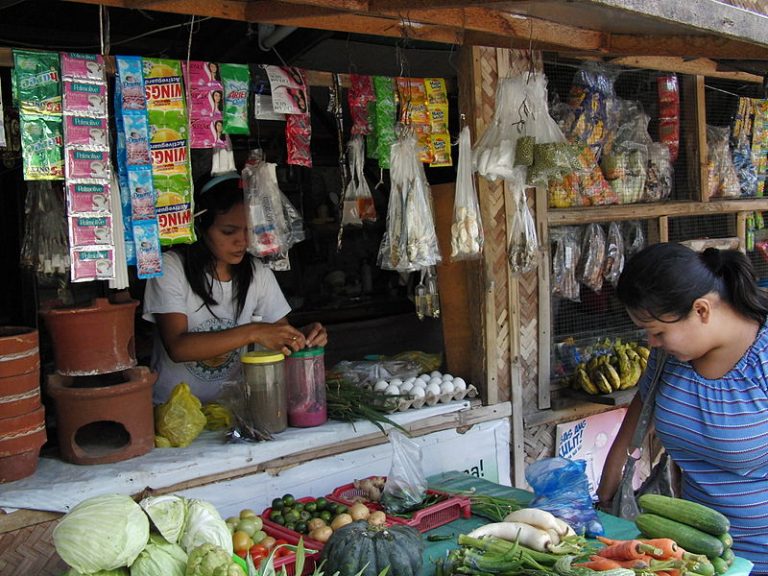Start small. Earn steady. If you live in the province and dream of earning an income without moving to the city, this guide is for you. These low-capital business ideas are perfect for barangays and small towns where basic services and convenience products are still in demand.

Why Starting a Business in Rural Areas Makes Sense
Many Filipinos think success can only happen in Metro Manila or big cities—but that’s no longer true. Rural areas are filled with opportunity, especially for small entrepreneurs who know the needs of their community. The cost of living is lower, people support familiar faces, and there’s less competition for basic goods and services.
- Lower expenses: Rent, utilities, and permits cost much less in the province.
- Trusted relationships: People prefer to buy from someone they know.
- Less competition: Simple, well-run microbusinesses can dominate small markets.
- Growing local demand: Rural areas are catching up with digital services and delivery trends.
Bottom line: A rural business doesn’t need to be big—it just needs to solve a daily problem.
Top 10 Low-Capital Business Ideas for Rural Philippines
Here are practical business ideas you can start today with small investment but high potential returns.
1. Sari-Sari Store with Add-On Services
Startup capital: ₱5,000–₱15,000
This timeless Pinoy business works best when you add value. Sell daily essentials, but also offer e-load, bills payment, and remittance pickup. These services attract more customers and keep them coming back.
Pro Tip: Keep popular items at eye level and track your stocks using a simple notebook or spreadsheet. A clean, organized store builds trust.
2. Street Food or Food Cart Business
Startup capital: ₱5,000–₱20,000
Filipinos love affordable snacks! Popular items include fishball, kwek-kwek, siomai, hotdog, and barbecue. All you need is a small cart, a prime spot near schools or markets, and friendly service.
Pro Tip: Keep your sauces unique and maintain cleanliness. Word of mouth spreads fast in small communities.
3. Homemade Bread and Kakanin Business
Startup capital: ₱3,000–₱10,000
Homemade bread and native delicacies like puto, bibingka, and suman sell well during breakfast and merienda time. You can bake from home and deliver to sari-sari stores or post on Facebook Marketplace.
Pro Tip: Offer special orders for birthdays, town events, and fiestas. Always label your packaging with your name and contact number.
4. Rice Retailing (Small Scale)
Startup capital: ₱10,000+
Rice is a staple food in every Filipino household. Even a small space can serve as a rice retail outlet. Buy bulk sacks, repack into smaller quantities, and sell by the kilo.
Pro Tip: Offer discounts for regular customers and keep your area clean to avoid moisture and pests.
5. Motorcycle Parts and Vulcanizing Shop
Startup capital: ₱15,000–₱30,000
Motorcycles are the main mode of transport in rural towns. Offering tire repair, oil change, and basic maintenance can earn steady income. Even a small roadside stall works.
Pro Tip: Offer mobile repairs or partner with tricycle groups to gain loyal customers.
6. Mini Water Refilling Station
Startup capital: ₱30,000–₱80,000
If your area has no clean drinking water service, a small water refilling setup can be profitable. You can start with manual purification equipment and deliver gallons to nearby households.
7. Backyard Piggery or Poultry
Startup capital: ₱10,000–₱50,000
Raising a few pigs, chickens, or ducks in your backyard provides consistent returns, especially during holidays when meat prices rise. Make sure to follow proper sanitation rules and check local ordinances.
8. Plant Nursery and Gardening Supplies
Startup capital: ₱3,000–₱15,000
Plantita and Plantito trends aren’t just for city folks. You can sell seedlings, ornamental plants, and gardening tools in your barangay or online. Low investment, high return if done consistently.
9. Mobile Loading and Payment Center
Startup capital: ₱2,000–₱8,000
Combine this with your sari-sari store or run it as a standalone service. Load sales are small but frequent—and they add up fast! You can also process GCash, PayMaya, and bills payments.
10. Laundry and Ironing Hub
Startup capital: ₱8,000–₱25,000
Busy families and OFW households often need laundry help. You can start with one washing machine, flat iron, and detergent stock. Offer pick-up and delivery for added convenience.
How to Start a Rural Business: Step-by-Step Guide
- Survey demand in your barangay. Ask neighbors what services they need most.
- Start small, test, then grow. Avoid spending too much on inventory right away.
- Register your business. Get your DTI certificate, Barangay permit, and BIR registration once operations are stable.
- Promote on Facebook. Use local groups and Marketplace to find your first customers.
Tips to Make Your Rural Business Succeed
- Focus on consistent quality — good reputation spreads quickly in small towns.
- Use social media — even a free Facebook Page helps you reach nearby buyers.
- Track expenses daily using a notebook or mobile app.
- Reinvest profits to expand or upgrade equipment.
- Offer delivery or value-added service to stand out from competitors.
Don’t underestimate simple ideas — many successful provincial entrepreneurs started with just a few thousand pesos and a clear goal.
Frequently Asked Questions (FAQ)
Is it profitable to start a business in rural areas?
Yes. With lower rent and operational costs, even small profits go a long way. The key is choosing the right product or service that your community truly needs.
How much capital do I need to start?
You can start as low as ₱2,000 for small services like mobile loading, or ₱10,000 for a sari-sari store. The goal is to start lean and grow gradually.
Do I need a DTI or Barangay permit right away?
While many start informally, it’s best to secure permits once your business becomes consistent. It helps when applying for small loans or government support later.
There are plenty of low-capital business ideas waiting to be explored in the rural Philippines. The secret to success is consistency and community trust. Don’t wait for perfect timing—start small, test your idea, and improve along the way.
Question for you: Which of these negosyo ideas would work best in your barangay? Share your thoughts in the comments below!

